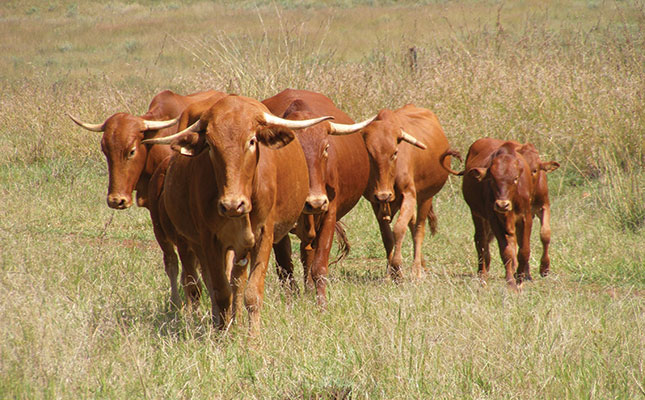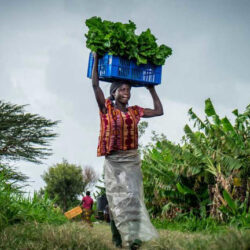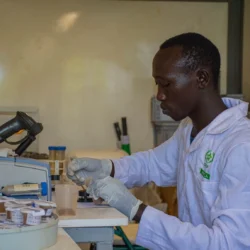Nairobi, Kenya: A ground-breaking initiative to transform Africa’s pastoral livestock markets was launched this week in Nairobi, Kenya. The African Pastoral Market Development (APMD) Platform, a multi-year project funded by the Bill & Melinda Gates Foundation, seeks to improve food security, foster economic growth, and enhance the livelihoods of pastoral communities across the continent.
The launch, which brought together policymakers, development partners, and industry stakeholders, marked a significant milestone in addressing pastoralists’ unique challenges. These challenges include limited market access, climate change impacts, and inadequate infrastructure, often hindering their ability to thrive.
Nigerian Minister of Livestock Development, Alhaji Idi Mukhtar Maiha, emphasized the platform’s alignment with Nigeria’s national priorities. “This ambitious project targets eight African countries and aims to foster inclusive, market-driven, and adaptive transformations within pastoral communities,” he stated.
The APMD Platform focuses on a multi-pronged approach, encompassing policy development, private sector integration, data-driven decision-making, youth and women empowerment, and climate resilience. By strengthening market linkages and addressing systemic barriers, the platform aims to create a more equitable and sustainable livestock sector.
Kenya’s Minister for Livestock, Jonathan Mueke, praised the platform’s design, emphasizing its potential to revolutionize the pastoral economy. He stressed the importance of robust stakeholder collaboration and the mobilization of financial and human resources to ensure the platform’s success. “The platform’s well-defined interventions are poised to make the pastoral economy vibrant, enhancing household incomes and contributing to the commercial viability of animal-origin goods,” Mueke said.
Alhaji Maiha echoed these sentiments, emphasizing the platform’s potential to significantly boost national economic development and enhance food and nutrition security across sub-Saharan Africa. He highlighted the importance of integrating innovative technologies and creating functional, efficient markets to mitigate the vulnerabilities of pastoral communities.
“The Ministry of Livestock Development is committed to transforming the livestock sector from its subsistence level into a thriving, commercialized industry,” Maiha remarked. “This transformation will create jobs, provide sustainable livelihoods, and promote peaceful coexistence between pastoralists, farmers, and other stakeholders.”
The APMD Platform, coordinated by the African Union Inter-African Bureau for Animal Resources (AU-IBAR), has designated Nigeria and Kenya as “lighthouses” for the Sahel and Horn of Africa regions, respectively. This signifies their crucial role in driving the initiative’s success and showcasing best practices to other participating countries.
Dr. Huyam Salih, Director of AU-IBAR, hailed the platform as a pivotal step in advancing sustainable livestock development across Africa. She emphasized that livestock is central to food and nutrition security, economic growth, and trade on the continent, making the platform’s goals critical for the continent’s future prosperity.
The launch event saw enthusiastic support from various stakeholders. Mr. Yoseph Shiferaw Mamo, Senior Livestock and Fisheries Officer at the Common Market for Eastern and Southern Africa (COMESA), highlighted the platform’s potential to create a more market-oriented production system that directly benefits pastoralists.
“The APMD Platform is designed to create a more market-oriented production system, which will provide pastoralists with the tools and opportunities they need to thrive in an increasingly competitive and climate-vulnerable world,” Mamo stated.
The APMD Platform, through its emphasis on data-driven solutions and inclusive stakeholder engagement, promises to be a catalyst for transformative change in Africa’s pastoral sector. By empowering pastoralists and strengthening their market access, the platform aims to unlock the full potential of this vital sector, contributing significantly to the continent’s economic growth and social development.




